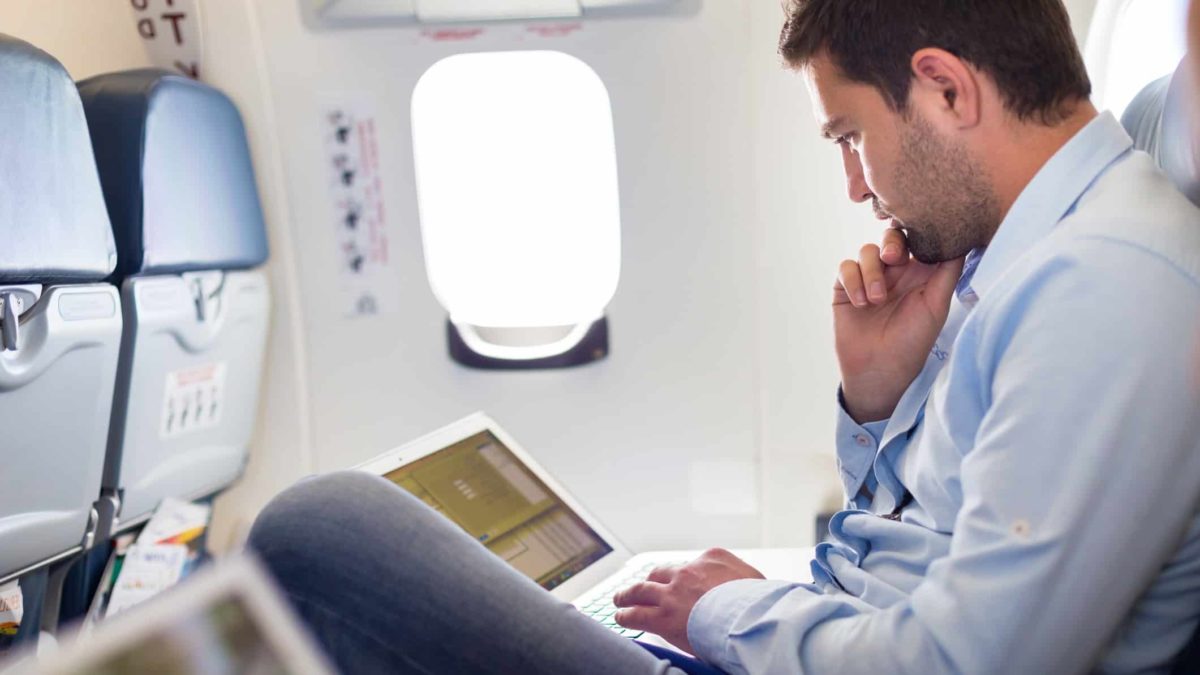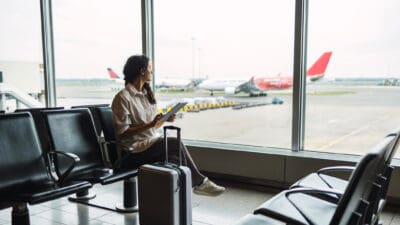Qantas Airways Limited (ASX: QAN) shares are getting plenty of attention after the airline released its FY22 result and announced a $400 million share buyback.
Initially, the Qantas result may not have seemed that positive considering it reported in the 12 months to 30 June 2022, it made an underlying loss before tax of $1.86 billion and a statutory loss before tax of $1.19 billion.
However, within the result, it also told investors that its net debt had declined to $3.94 billion, down from a high of $6.4 billion. The $3.94 billion figure was below its "optimal" target range of $4.2 billion to $5.2 billion. Before COVID-19, it had net debt of $4.71 billion.
How did it manage to reduce its debt?
Qantas explained that strong revenue intake, the sale of surplus land, and lower invested capital combined to help it lower its debt.
It sold 13.8 hectares of land in Mascot for gross proceeds of $802 million. Qantas will lease back portions for a period of time while arrangements are made to relocate some of the functions the land is currently used for. It has entered into discussions with the purchaser, LOGOS, about potential future development options for the sites, including the creation of a dedicated precinct for the airline.
The airline also said that a further $270 million in cost benefits were achieved in FY22, bringing the total achieved under its COVID recovery plan to $920 million since FY20. The annualised benefit of $1 billion is on track from FY23 onwards.
What is a share buyback and what does that do for Qantas?
A buyback is a way for a business to return money to shareholders, but it's not a dividend.
It's when the company is buying shares from investors, either on the ASX share market or directly from the investor.
By buying shares (hopefully at a time when the Qantas share price is at a fairly low price), it can help boost earnings per share (EPS) and return on equity (ROE). By reducing the number of shares on issue, it can also support the share price because the value of the overall business is being split between fewer shares.
According to the ASX, Qantas has a market capitalisation of $9.16 billion. So, a $400 million buyback at the valuation would represent more than 4% of the company.
Is the share buyback a good thing?
I think it is a good thing, assuming Qantas also puts enough money to work to get its customer service standards back to pre-COVID times.
Qantas is expecting its domestic capacity will be 95% of pre-COVID levels in the first half of FY23 and 106% in the second half of FY23. The international capacity is expected to reach 84% of pre-COVID levels by the second half of FY23.
With an expectation of returning demand and the net debt position better than expected, it seems like a good way to help Qantas shares and, therefore, shareholders. I think it seems like management is confident about the outlook, which is a good thing.









